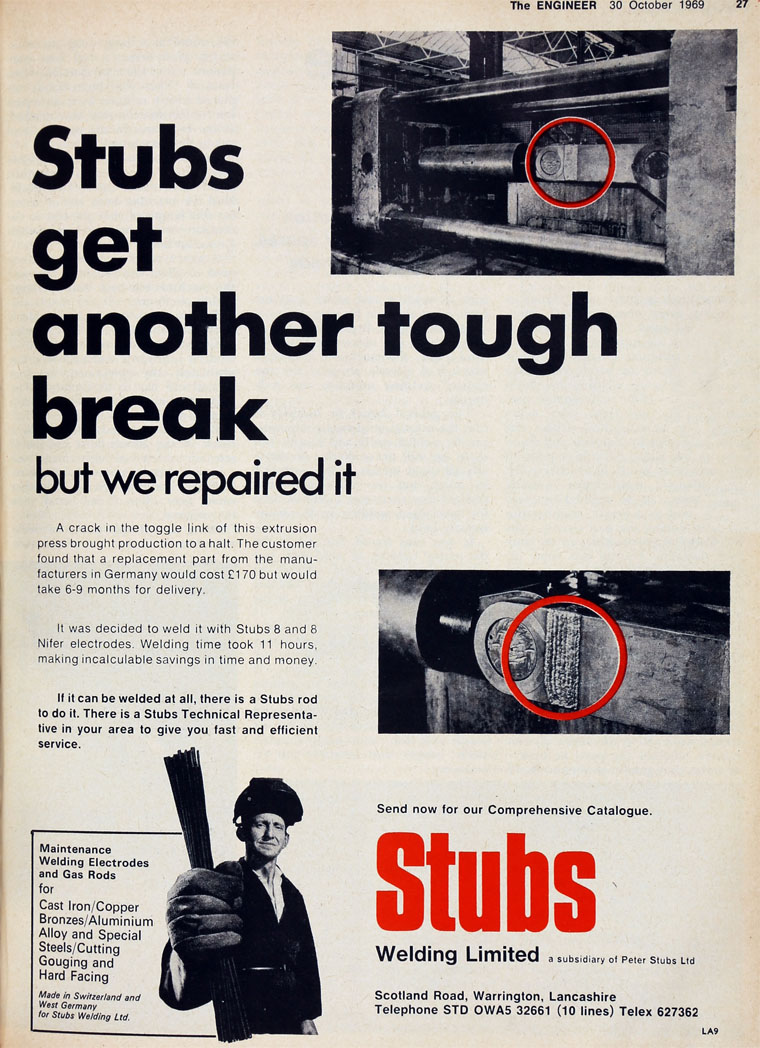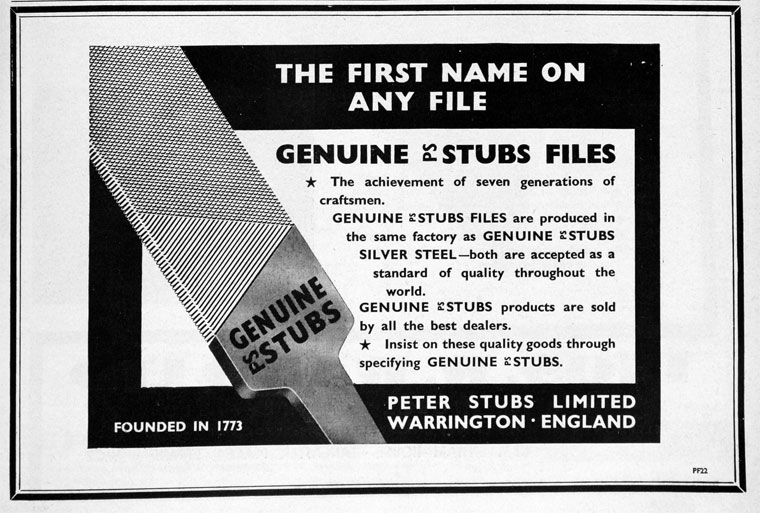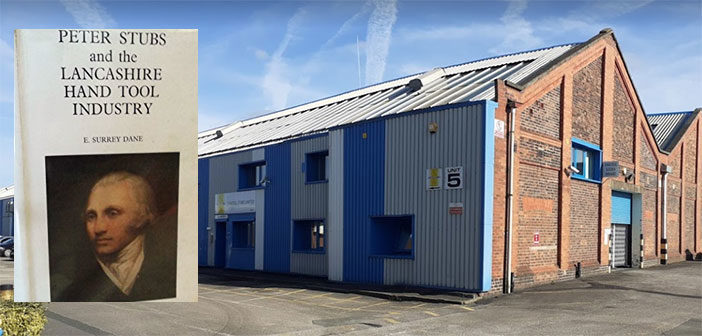ONE of Warrington’s oldest manufacturing companies, which dates back almost 250 years, is under threat of closure after losing a key client and the impact of the coronavirus pandemic.
Started by Peter Stubs in 1777, steel fabrication company Erasteel Stubs Ltd. based on Causeway Park, Warrington, informed staff earlier this month of proposals to make redundancies – and with the current economic and commercial situation, the owners say closure is possible.
A spokesperson for the company said: “Earlier this month Erasteel Stubs Ltd informed staff at its Warrington site of proposals to make redundancies.
“Erasteel Stubs regrets the loss of a key customer and the likely consequential loss of approximately 70% the company’s turnover. This substantial loss comes at a time when the Erasteel company is experiencing the impact of the Covid-19 pandemic and deterioration in its global markets. The broader global context will make it difficult for us to find alternative solutions in the short or medium term.
“Given the economic and commercial situation of the plant, closure is possible. Collective redundancies and potential closure of the plant are currently the subject of a formal collective consultation process with Erasteel Stubs’ employees.
“Accordingly, it is not appropriate for us to comment further at this time.
The business was founded by Peter Stubs (1756-1806) who was in business manufacturing files on a small scale by 1777. By 1788 he acquired the White Bear Inn in Bridge Street, Warrington, and was combining file manufacture there with his business as an innkeeper, brewer and malt maker. He gave up the White Bear concerns in 1803.
In 1802 the file business moved to a larger site at Scotland Road, in the Cockhedge area of Warrington, where a works including file cutting shops and forging shops had been built.
After Peter Stubs’ death in 1806, aged just 49, the business was developed by his sons, John, William and Joseph Stubs.
The firm sold files made from steel – principally saw-files, watch and clock files and, from 1815, larger machinery (engineers’) files. It also sold a wide variety of other tools, clock engines, small machines and wire, including pinion wire, for making toothed wheels for watches and clocks, and steel wire. The Stubs workshop produced files, carrying out the basic processes of forging, cutting and hardening, and all the attendant subsidiary processes.
In 1826 Stubs began producing steel themselves, at a newly acquired works in The Holmes, Rotherham, in Yorkshire. The Warrington Works in Rotherham supplied the file works in Warrington with steel and produced other types of steel for sale in England and Europe.
In 1842 The steel works was expanded at a cost of £20,000. Steel for re-melting was imported from Sweden.
By 1841 the file works had a work force of 200. To cope with demand, some file cutting was done by out-workers. All the other Stubs products were made by cottage industry out-workers and small firms, mainly in South-West Lancashire. Stubs products were sold throughout the U.K. and were also exported. Significant overseas markets included Russia, America, France and what is now Germany.
The company later expanded into steel production at Warrington and became a major world manufacturer of Silver Steel. The modern firm produces Silver Steel, steel wire, key steel and a wide variety of other specialist steel products.
In 1884 Partnership change. ‘… the Partnership heretofore subsisting between the undersigned, at Warrington, in the county of Lancaster, as File and Tool Manufacturers, and at Rotherham, in the county of York, as Steel Manufacturers, under the style or firm of Peter Stubs, expired, by effluxion of time, on the 1st day of July instant, when the undersigned, James Marson, retired therefrom; and that the said businesses have been since that date, and will in future be carried on under the same style or firm as heretofore, by the undersigned, Peter Stubs and Henry Appleton…’
In 1890 The company was incorporated as a limited company and remained in private hands until the 1960s
In 1958 The steel works was sold to J. J. Habershon and Sons and then in the 1960s Acquired by James Neill Holdings Ltd.
In 1988 it was bought by James Wilkes plc except for the bi-metal strip business which would stay in the hand and cutting tool business which Neill would expand.
In the 1990s the company withdrew from file manufacture and in 1996 it became a subsidiary of the Ascot Group before being acquired by Erasteel in 2001.
*History thanks to https://www.gracesguide.co.uk/Peter_Stubs






